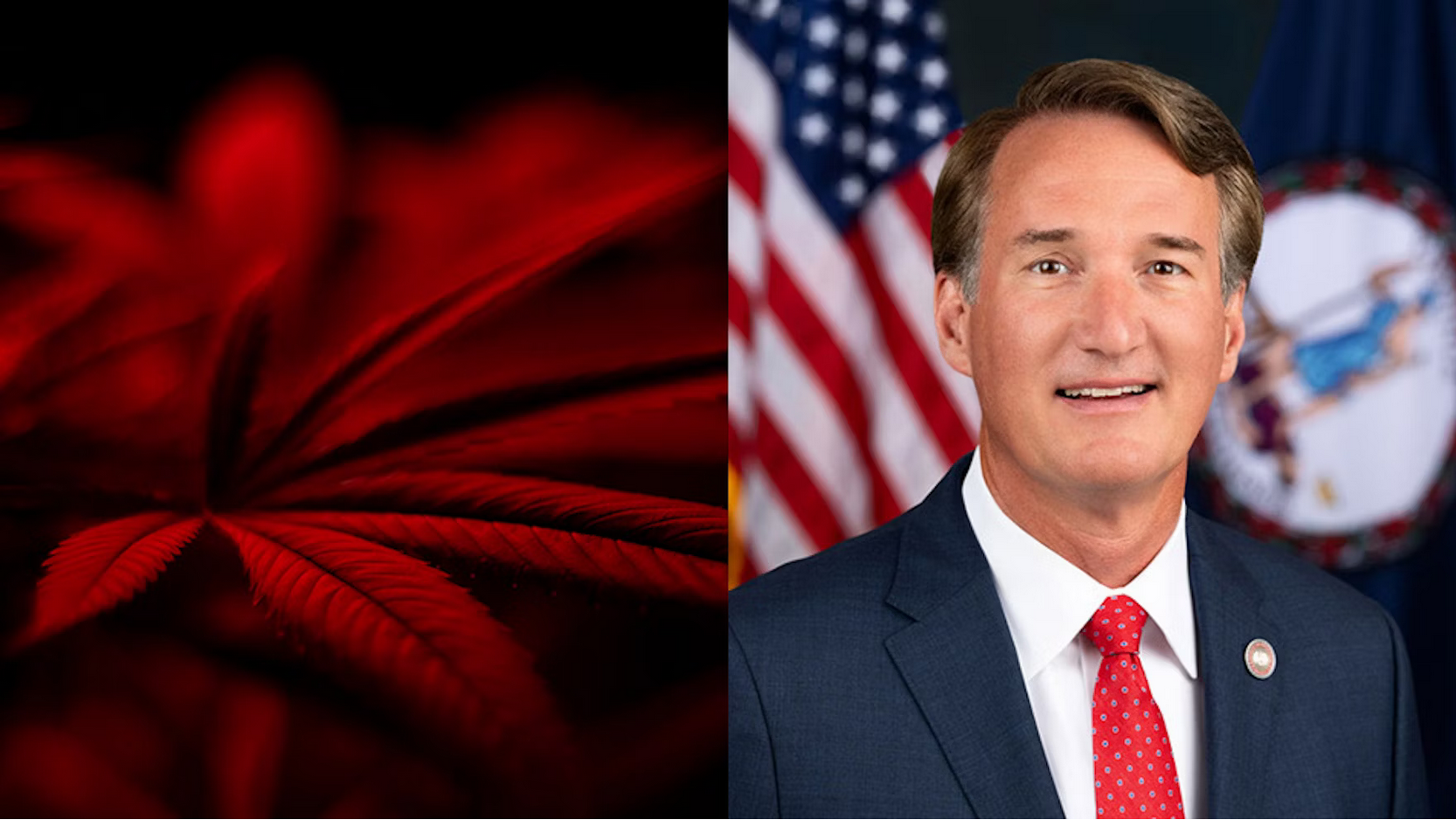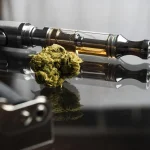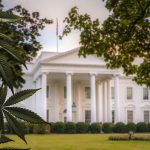Virginia Governor Glenn Youngkin has once again vetoed legislation intended to establish a regulated marketplace for adult-use cannabis dispensaries, marking the second consecutive year he’s rejected similar proposals. The bill, passed by Virginia’s Democratic-controlled General Assembly, sought to provide a safe, regulated environment for Virginians aged 21 and older to purchase lab-tested cannabis products.
Since July 2021, Virginians have legally been able to cultivate up to four cannabis plants at home and possess up to one ounce, but they remain unable to legally purchase cannabis from licensed dispensaries, leaving the state’s market in a state of uncertainty.
Governor Youngkin reiterated previous safety concerns in his veto, claiming that legalization leads to negative impacts, including adverse health effects on minors, increased crime, mental health challenges, traffic safety issues, and ongoing illicit cannabis trade. He argued that the regulatory framework would compound rather than resolve these issues.
Cannabis advocates strongly criticized Youngkin’s decision, asserting that a regulated market would enhance consumer safety, reduce black-market sales, and ensure cannabis products are uncontaminated by mold, pesticides, or heavy metals. Virginia NORML’s Executive Director JM Pedini highlighted that Youngkin’s repeated veto protects unregulated markets, potentially increasing risks to consumers.
Additionally, advocates pointed to evidence from states like Colorado, where teen cannabis usage and cannabis-related traffic incidents declined following legalization. Moreover, DEA and CDC data have shown cannabis has significantly lower health risks compared to alcohol and opioids.
Despite broad public support for a regulated cannabis market—60% according to a recent Christopher Newport University poll—the governor maintains his stance against expanding cannabis access, emphasizing the need to reconsider enforcement consistency rather than establishing commercial cannabis sales.






